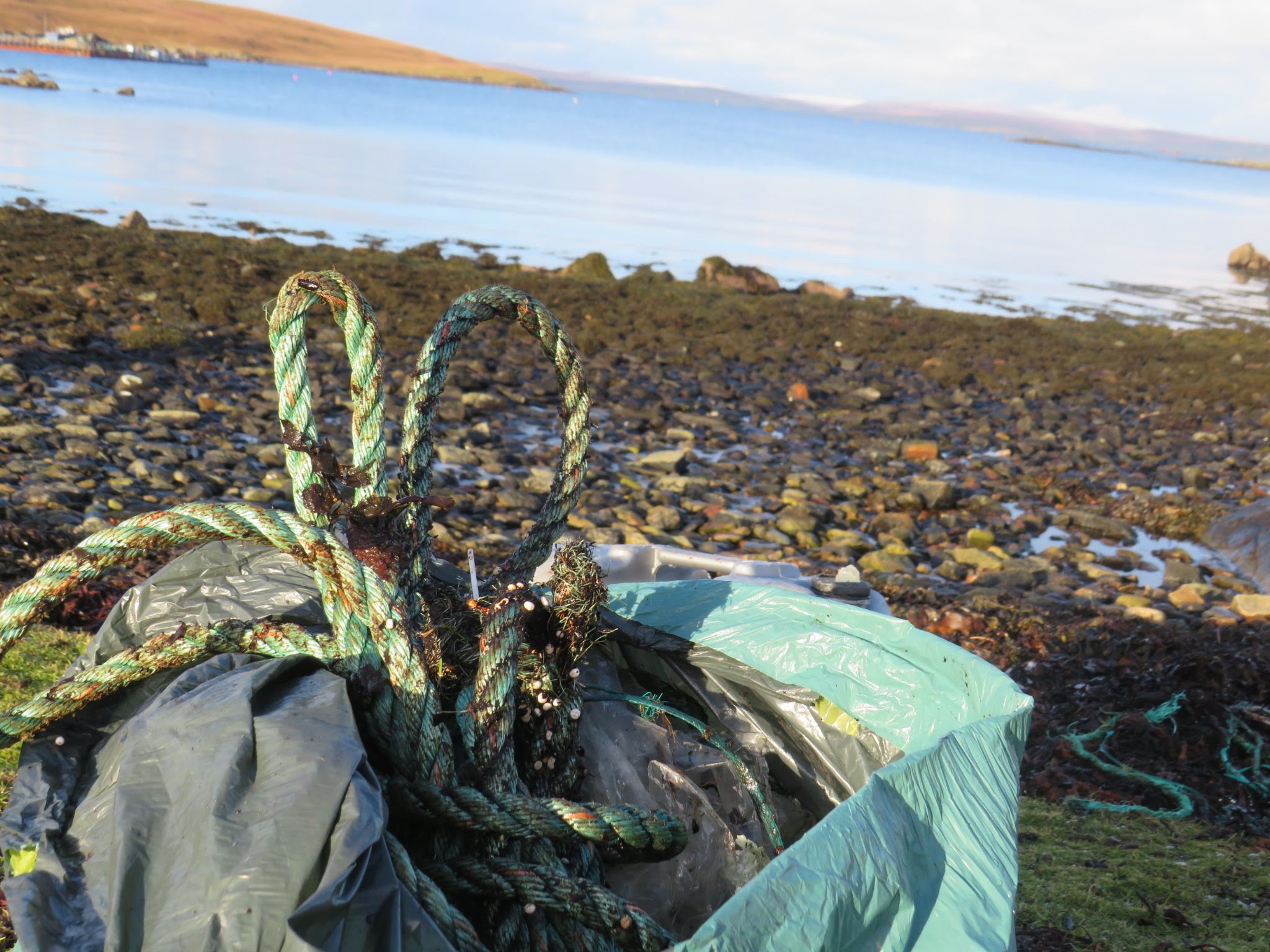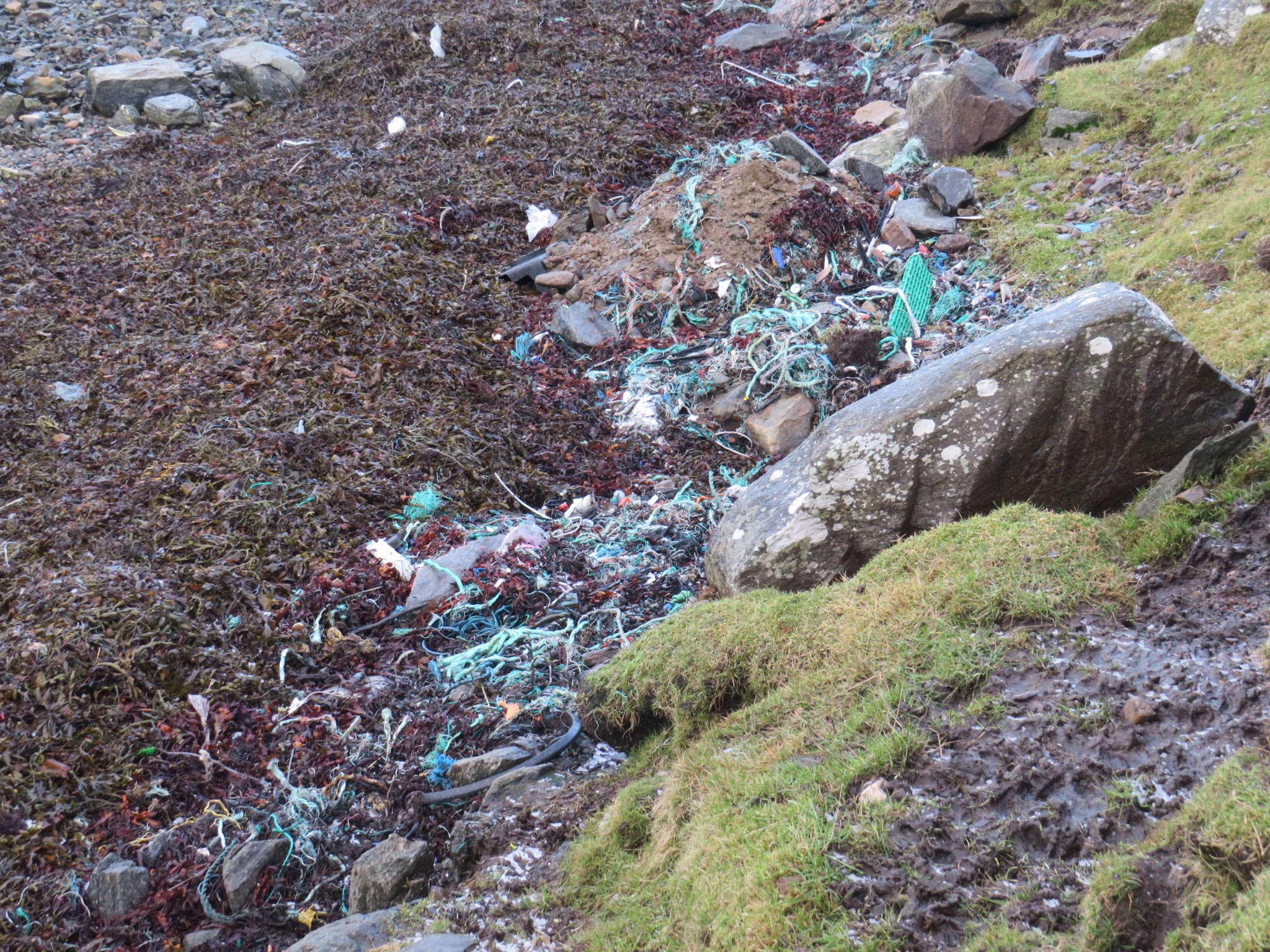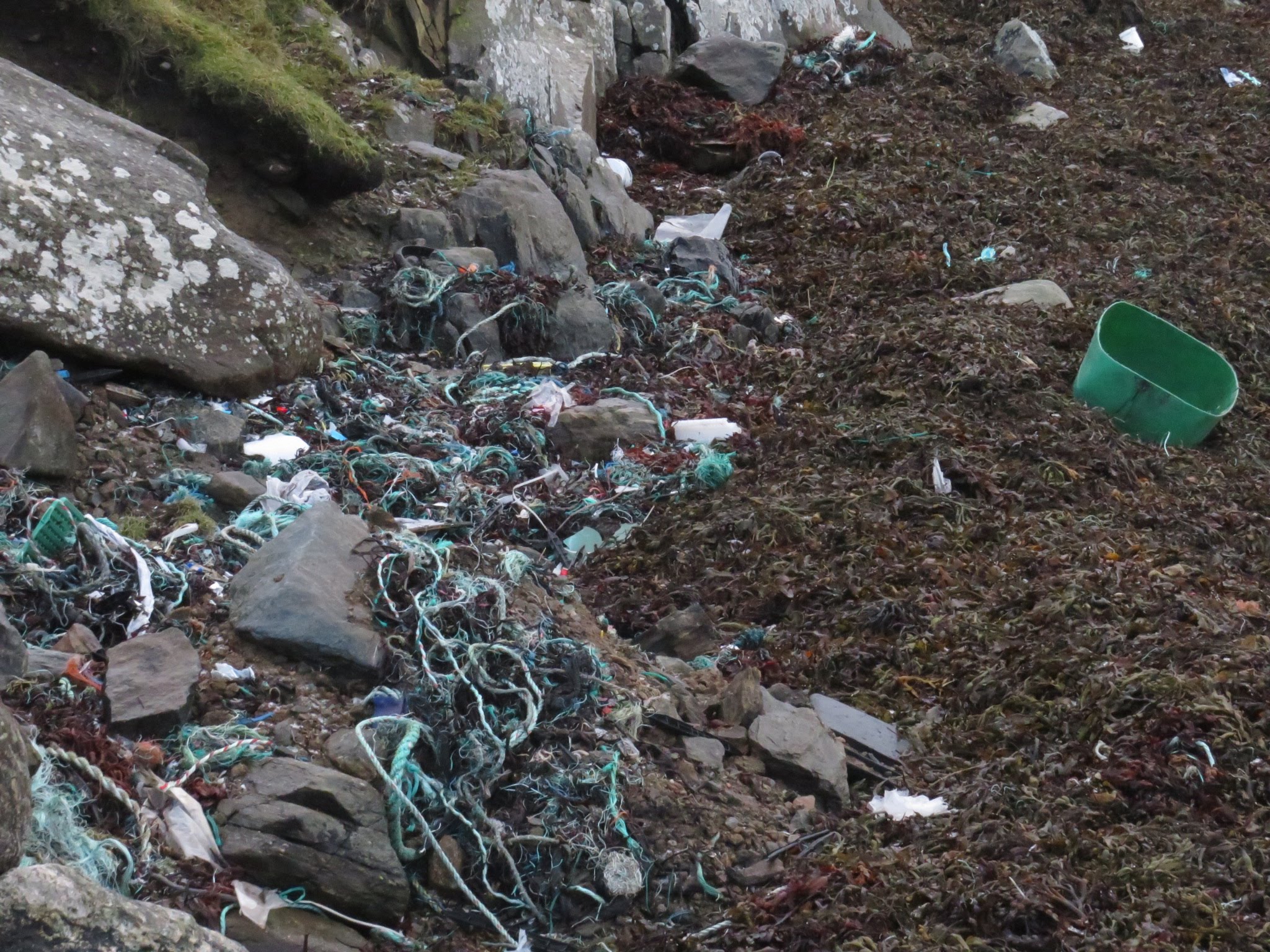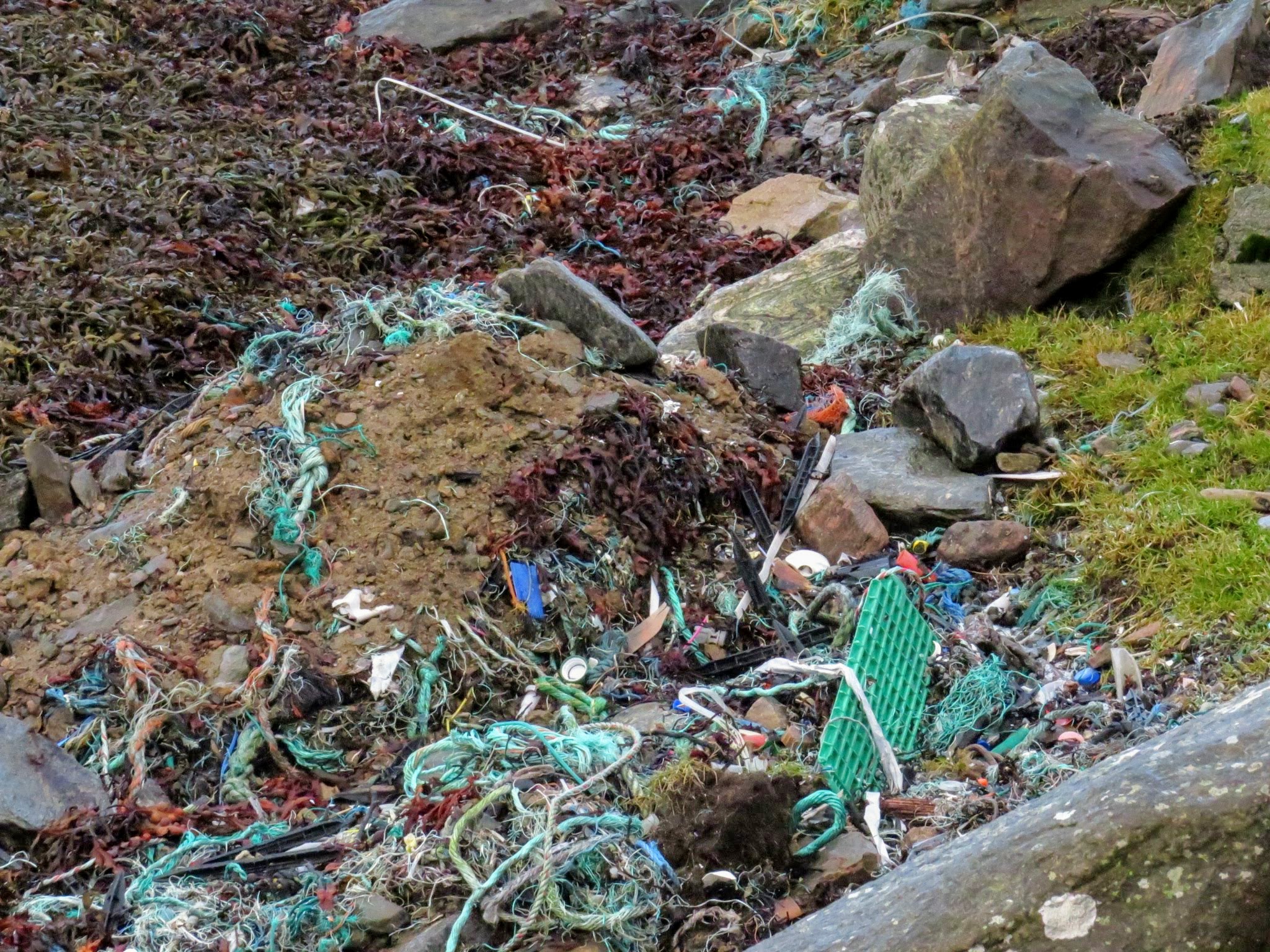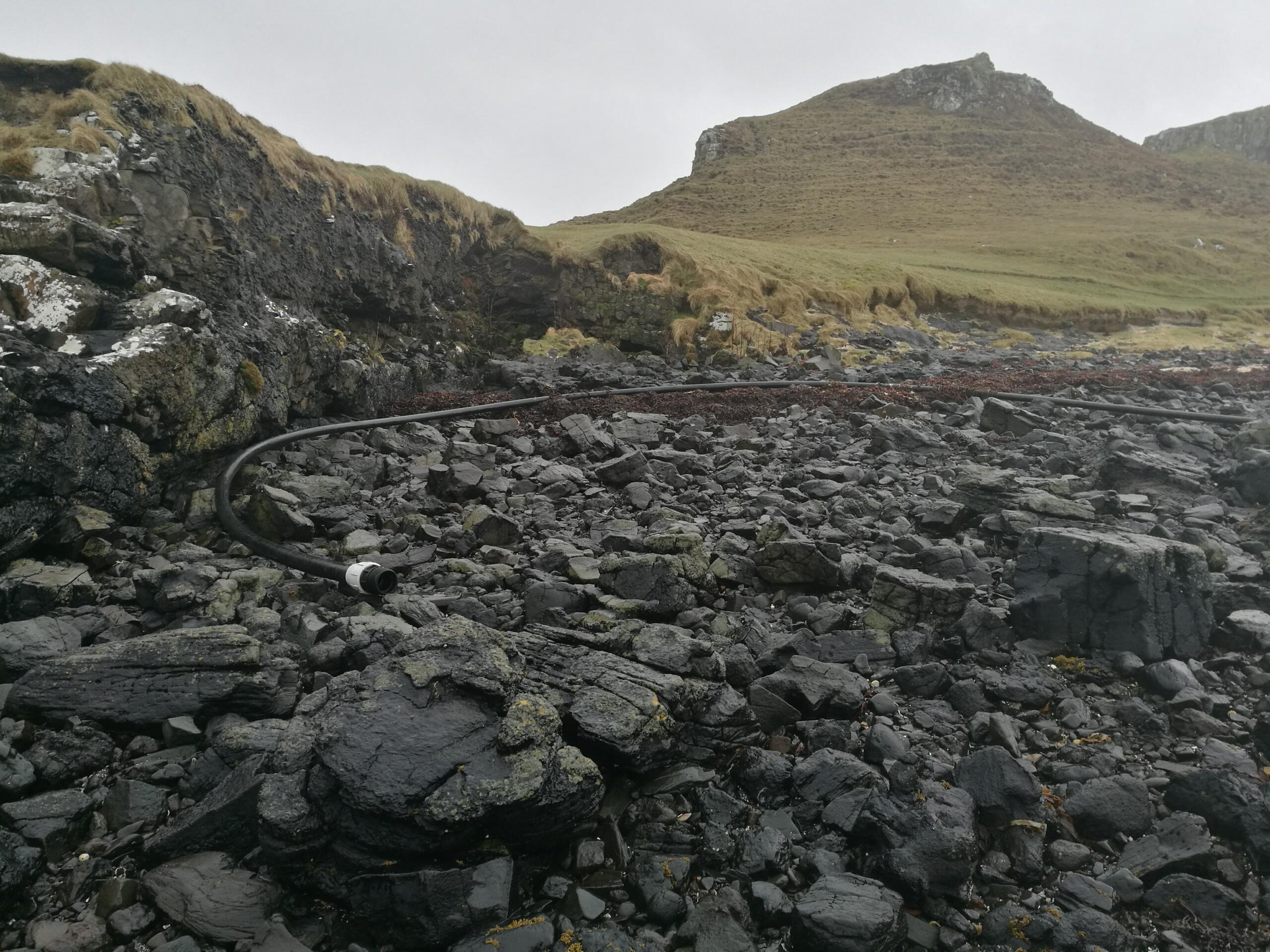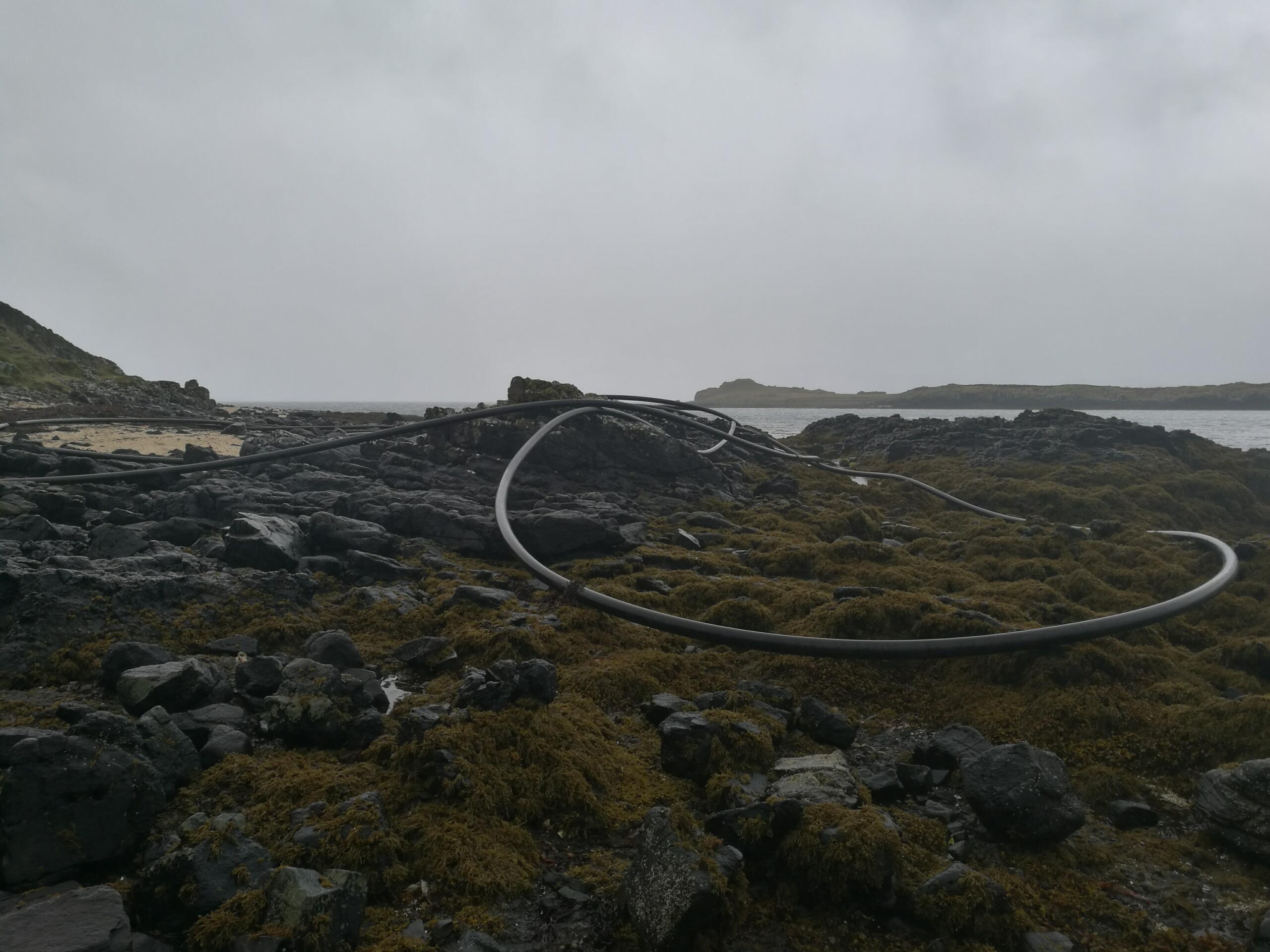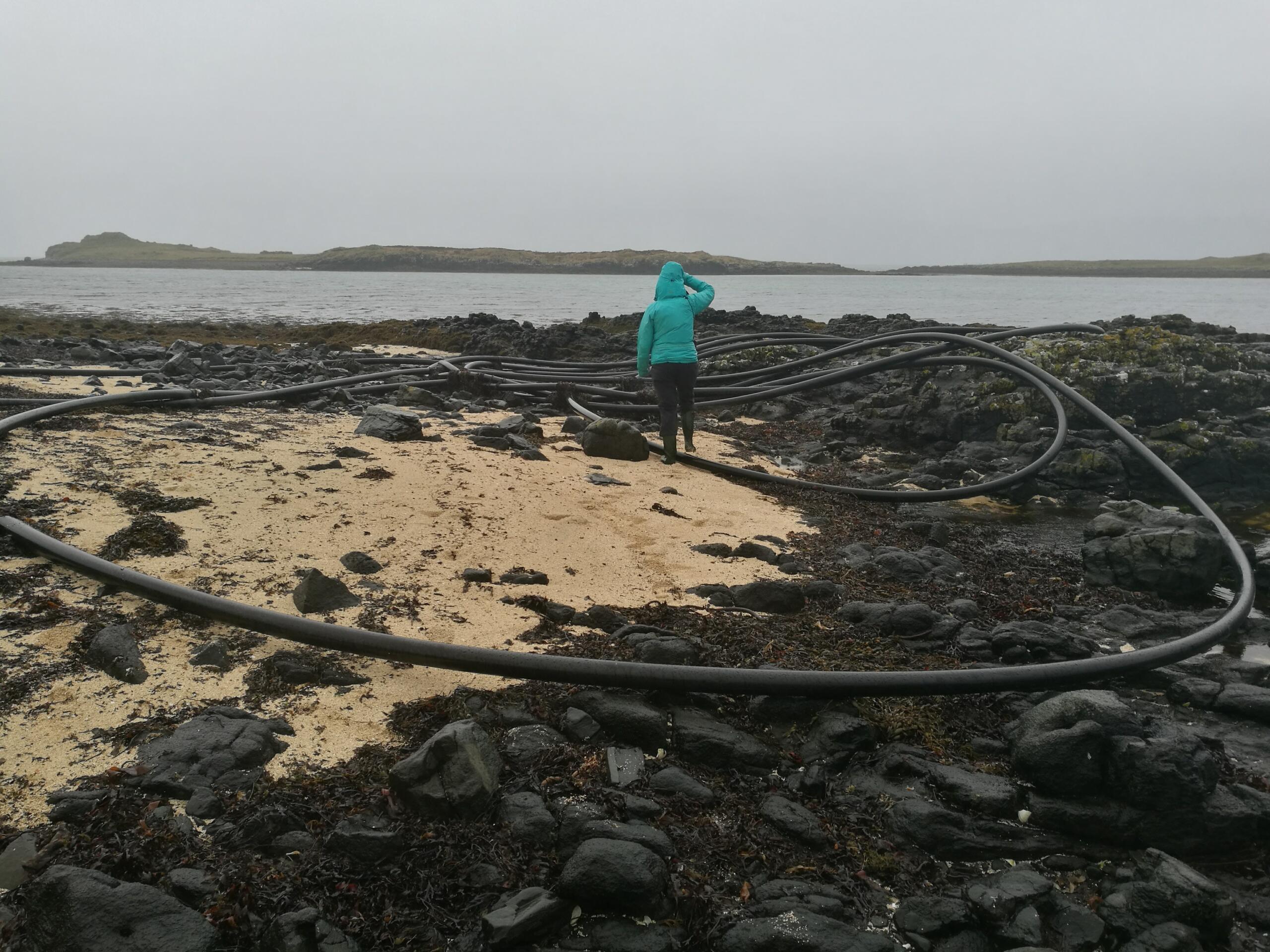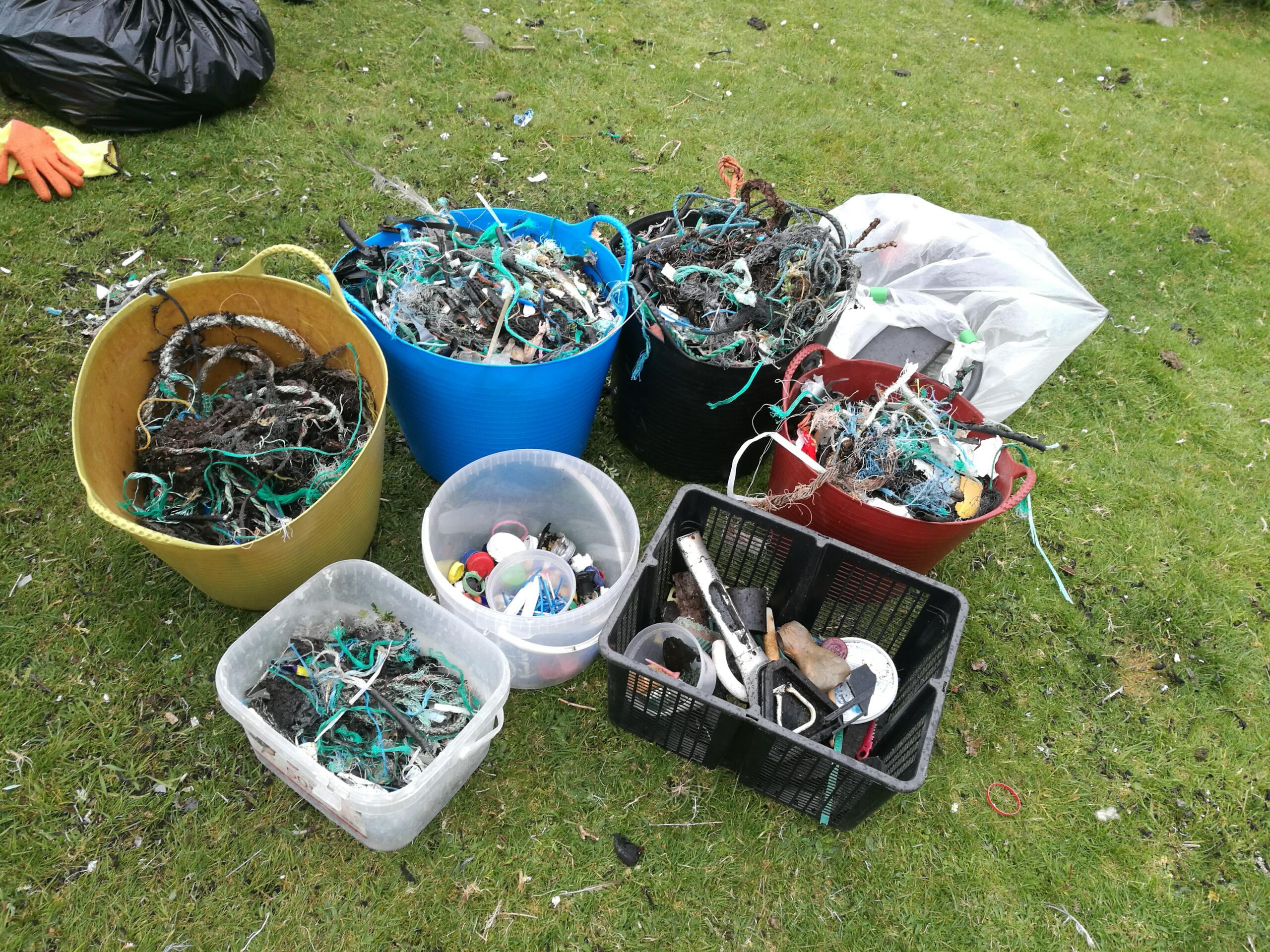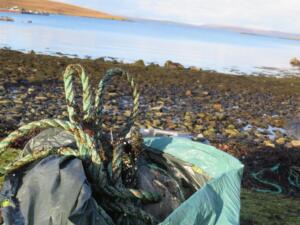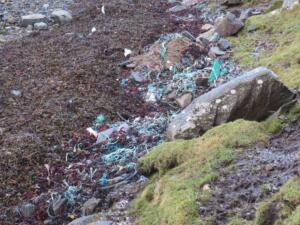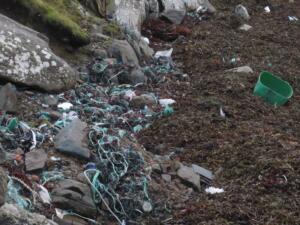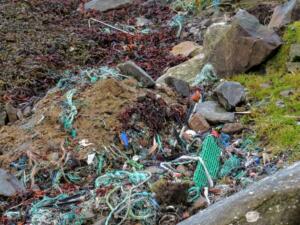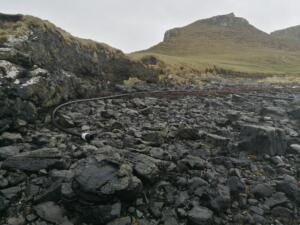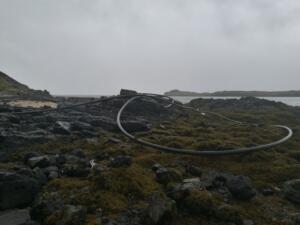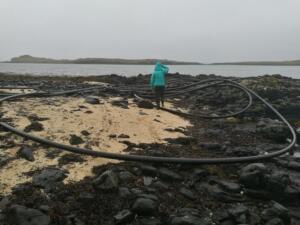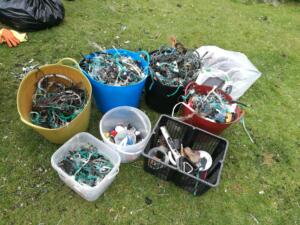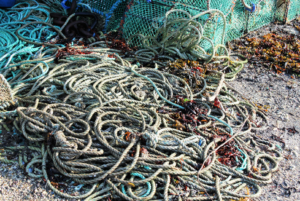
Grants
Tackling environmental threats
Scotland’s Fishing and Aquaculture Pollution Problem
£16,369 awarded
Scotland’s fishing and aquaculture pollution problem: Building the Evidence Base
Grantee: Marine Conservation Society
Duration: January – December 2025
This project is funded through the Conservation Collective partnership with Depeche Mode & Hublot (see here).
Background
Beach litter density on Scotland’s islands is estimated to be approximately double that of the mainland. Of this island litter, 59% of it originates from fishing, aquaculture and shipping (see here). Action must be taken to try and prevent litter from these sources entering the ocean, harming wildlife, and washing up on Scotland’s island beaches.
The Project
The Marine Conservation Society (MCS) run the Beachwatch program, a UK-wide citizen-science initiative that involves volunteers collecting data on beach litter. In 2023, with the support of HIEF (here and here), the Beachwatch programme expanded into the Scottish islands, which had previously been underrepresented. Through collaboration with the Scottish Islands Federation, 42% of all Scotland Beachwatch surveys came from the Islands; and this positive momentum has continued in 2024.
This work highlighted the unique composition of island marine litter, and feedback from volunteers raised the limitations with current survey forms and ID guide, which don’t capture the required detail on fishing and aquaculture litter.
This new project will establish a new fishing and aquaculture data collection process, including a new survey form and ID guide. The Scottish Islands Federation will be heavily involved in the survey design and trialling process, ensuring that the new methodology is effective in capturing the detail required to form an evidence base for policy and advocacy work.
The work currently undertaken by MCS in the Scottish marine litter policy landscape includes advocacy surrounding the Circular Economy Act, Deposit Return Scheme, and ban on disposable vapes. Evidence produced from this project will directly feed in to future work and help guide policy solutions that reduce plastic pollution.
Images from around Skye and the Shetland Isles show the extent of the problem. Photos from Catherine Gemmell – Marine Conservation Society.

